On December 20, the World Health Organization (WHO) said it had just classified the new SARS-CoV-2 virus variant JN.1 as "of concern".
JN.1 is derived from BA.2.86, a sub-variant of Omicron. This variant has a distinct mutation in the spike protein (responsible for entering and infecting cells) and mutations in other regions.
"Variants of concern" contain genetic features that make the virus more transmissible, evade the body's immune system, make it harder to detect when tested, or make the disease more severe. Previously, XBB.1.5 and EG.5 were also classified by WHO as "variants of concern".
According to WHO, JN1 does not pose much of a threat to the community. However, countries should be aware that COVID-19, along with other winter pathogens, could cause a respiratory epidemic that could affect health systems.
In the US, the new JN.1 sub-variant is spreading rapidly, becoming the agent causing a significant increase in the number of new Covid-19 cases in this country.
On December 19, the US Centers for Disease Control and Prevention (CDC) said that the JN.1 variant accounts for 21.4% of new infections nationwide and is the fastest spreading variant. In the Northeast region alone, this variant accounts for more than 30% of new infections. The CDC predicts that JN.1 will continue to increase in the proportion of SARS-CoV-2 genomes.
JN.1 was first detected in the US last September. By the end of October, JN.1 accounted for less than 0.1% of cases. The CDC said the continued increase in JN.1 cases suggests the variant is both more transmissible and more able to evade the immune system.
European countries - including Denmark, Spain, Belgium, France and the Netherlands - have seen an increase in cases and hospitalizations of the JN.1 variant. The variant is also spreading rapidly in Australia, Asia and Canada.
The CDC says there is currently no evidence that the JN.1 variant poses a greater public health risk than other circulating variants. However, health officials and experts are urging people to get the improved vaccine to avoid serious consequences from the virus. The CDC says the improved vaccine will provide increased protection against JN.1 as well as other variants.
Respiratory illnesses are on the rise in the United States ahead of the holidays. Hospitalizations related to Covid-19, influenza, and respiratory syncytial virus (RSV) are all at their highest levels since the beginning of the year. More than 22,700 new Covid-19 cases were hospitalized during the week of December 9, the highest level since February 2023, according to CDC data. Meanwhile, as of December 9, only about 18% of adults had received the upgraded vaccine.
Minh Hoa (reported by Lao Dong, Tin Tuc newspaper)
Source



![[Photo] National Assembly Chairman Tran Thanh Man receives a business delegation from the Europe-ASEAN Business Council](/_next/image?url=https%3A%2F%2Fvphoto.vietnam.vn%2Fthumb%2F1200x675%2Fvietnam%2Fresource%2FIMAGE%2F2025%2F11%2F24%2F1763989198212_ndo_br_bnd-7394-jpg.webp&w=3840&q=75)
![[Photo] Prime Minister Pham Minh Chinh attends the patriotic emulation congress of the banking sector](/_next/image?url=https%3A%2F%2Fvphoto.vietnam.vn%2Fthumb%2F1200x675%2Fvietnam%2Fresource%2FIMAGE%2F2025%2F11%2F24%2F1763981997729_tt-nhnn-jpg.webp&w=3840&q=75)



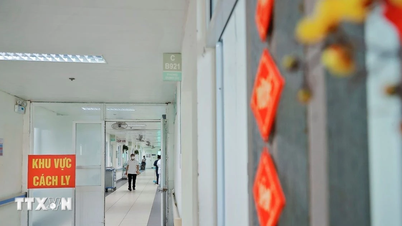





























![[Photo] Next to the "mountain of trash" after the flood, Tuy Hoa residents strive to rebuild their lives](/_next/image?url=https%3A%2F%2Fvphoto.vietnam.vn%2Fthumb%2F1200x675%2Fvietnam%2Fresource%2FIMAGE%2F2025%2F11%2F24%2F1763951389752_image-1-jpg.webp&w=3840&q=75)





































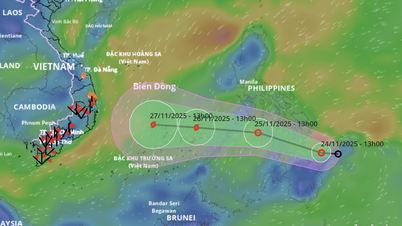




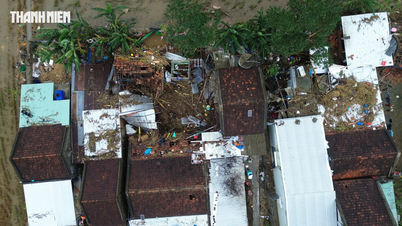
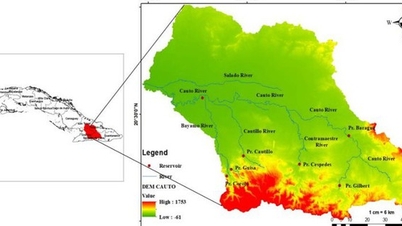

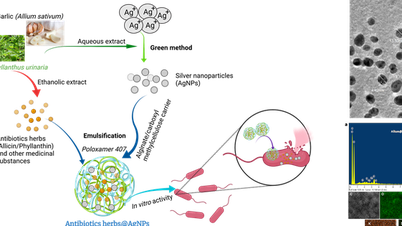



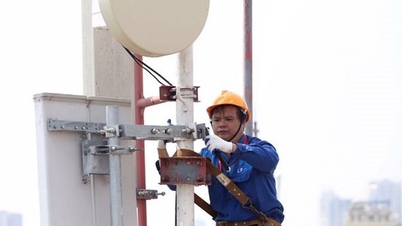


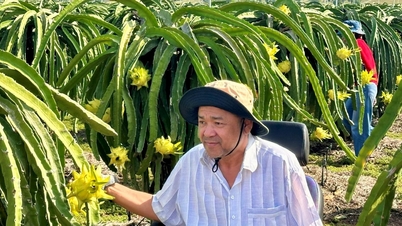






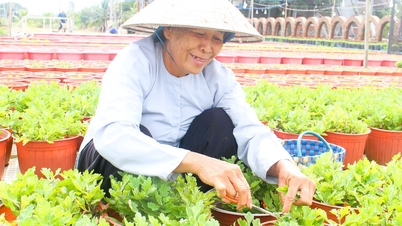












Comment (0)